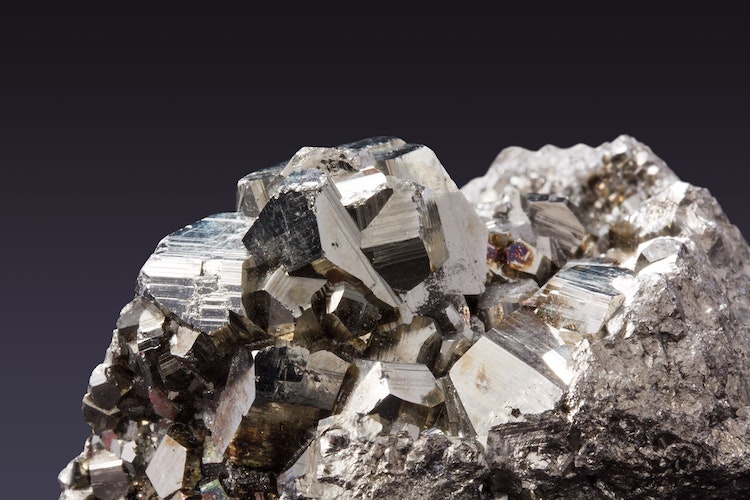Think You Might Be Experiencing Iron Deficiency? Here Are Some Signs And Symptoms
Iron deficiency is common among adults, especially women in their middle age. Commonly referred to as iron-deficiency anemia, this problem occurs because of depleted iron stores in the body. Extreme fatigue is the primary symptom of anemia, while increased heart palpitation is another symptom. Anemia can sometimes become fatal if red blood cell levels become too low or if the cause of anemia stems from untreated internal bleeding. But how do you recognize the signs of iron deficiency?
Extreme fatigue
Red blood cells (RBCs) are necessary to carry oxygen to all the cells in our body. Without enough iron, your blood cells cannot develop normally, which can lead to severe fatigue and lethargy.
A person with anemia gradually slows down their work and feels it extremely hard to get out of bed. This weakness makes them avoid physical activities like working out, preventing them from getting strong. Over time, anemic patients will start feeling increased heartbeat and become easily winded whenever they do ordinary activities.
Taking iron supplements or getting iron infusions through IV therapy helps increase your blood iron levels quickly. Visit the Drip Hydration website to learn how to get iron infusion at home through IV therapy by well-trained professionals. Concierge MD LA, Novel Infusion, and San Diego Mobile IV therapy are a few other companies offering iron infusion IV therapies in San Diego.
Hair loss and brittle nails
Loss of hair and brittle nails flaking in multiple layers are more signs of anemia. The body tries to use the available oxygen carried by minimal blood cells to keep the brain and heart functioning properly. The nails and the skin are often pale. The nails break easily, and the hair is very brittle and thin.
Loss of appetite
Loss of appetite is common in anemia patients as their metabolism slows down enormously without enough oxygen carrier RBCs. The patients have difficulty digesting the food they take and try to consume less food because they always feel full. Some people feel inflammation in their tongue and loss of taste, which further makes them neglect food.
A hormone called Ghrelin, which is necessary to regulate our appetite, increases with iron deficiency. Lowering Ghrelin levels with the proper iron intake through diet, supplementation, or IV therapy can improve appetite and help reverse issues stemming from iron deficiency.
Dizziness and light-headedness
Dizziness and light-headedness are common in anemia patients. Low red blood cell counts can cause imbalance and dizziness. Lack of adequate oxygen to the brain disrupts the body's balance.
Doctors often suggest that patients start eating healthy iron-rich food to correct mild iron deficiencies. Red meat, salmon, peas, spinach, green leafy vegetables, and beans are the primary sources of iron. Anemic patients feeling dizzy should reach for iron-rich foods to quickly improve their light-headedness.
The other main signs of anemia are headaches, heart palpitations, cold hands and feet, and more. Ensuring that the body gets enough iron through a healthy diet, getting regular checkups, and monitoring the complete blood count often helps determine iron deficiency early.
 Pixabay
Pixabay